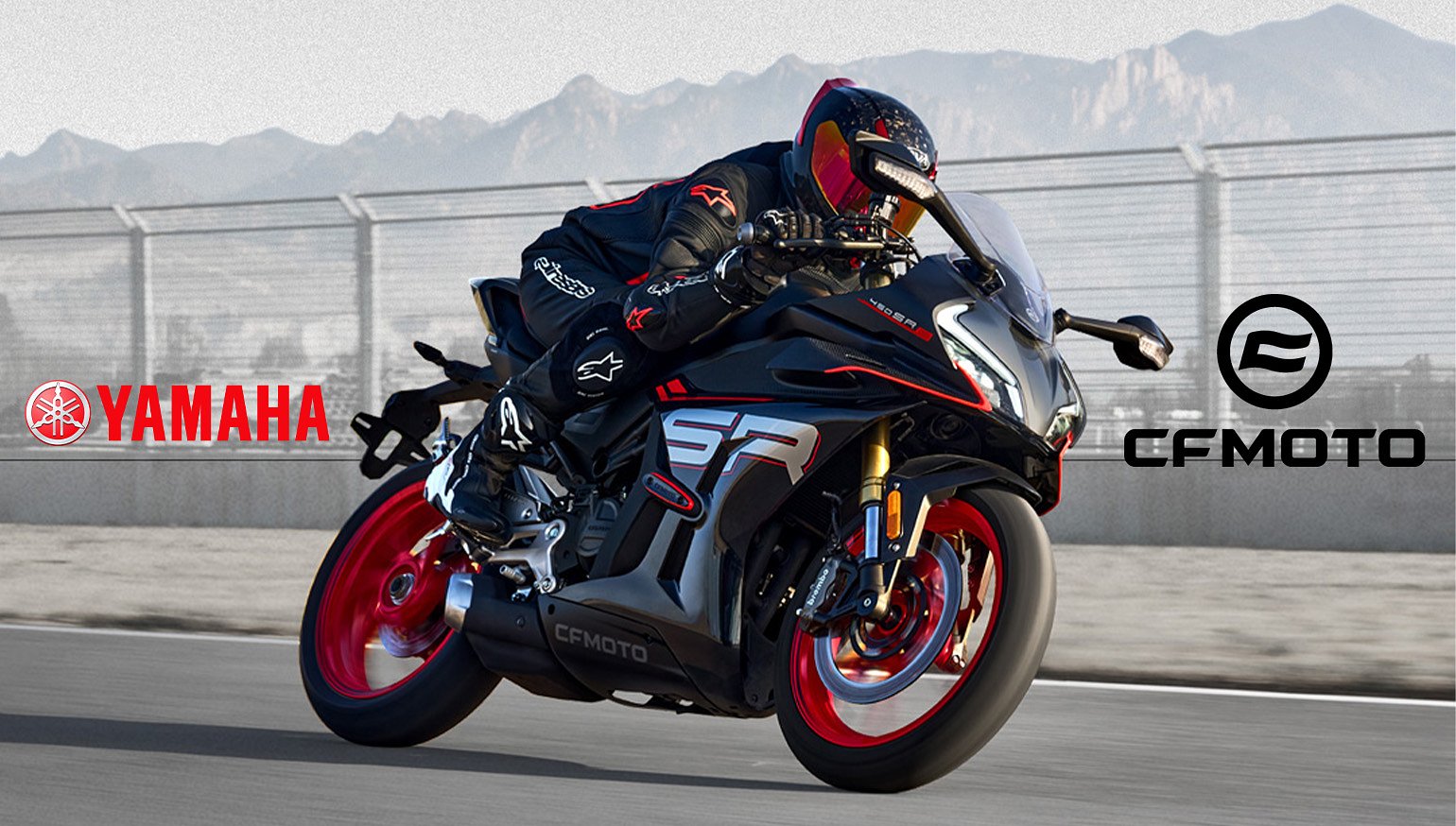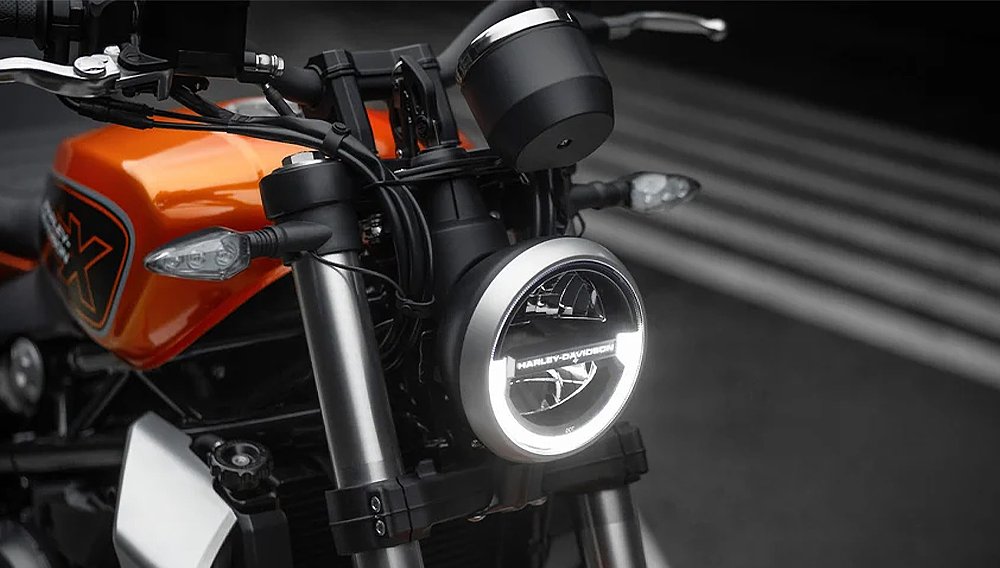It seems like every motorcycle manufacturer has some sort of strategic alliance in China or India (or both) these days. Triumph and Bajaj. Piaggio and Zongshen. BMW and TVS, just to name a few. Such deals are critical to accessing the world’s two largest motorcycle markets — now more than ever.
In mid-September, Yamaha got in on the action, inking a new production and development deal with China's CFMOTO. The joint venture dissolved Team Blue’s long-held partnership with Jianshe Machine Tool Factory and established Zhuzhou CF Yamaha Motor (ZCYM). Despite the Japanese OEM featuring prominently on the company header, CFMOTO claims a 50% stake in the new business. Meanwhile, Yamaha holds a 44.23% share and Hong Kong-based Tair Yea owns the remaining 5.77%.
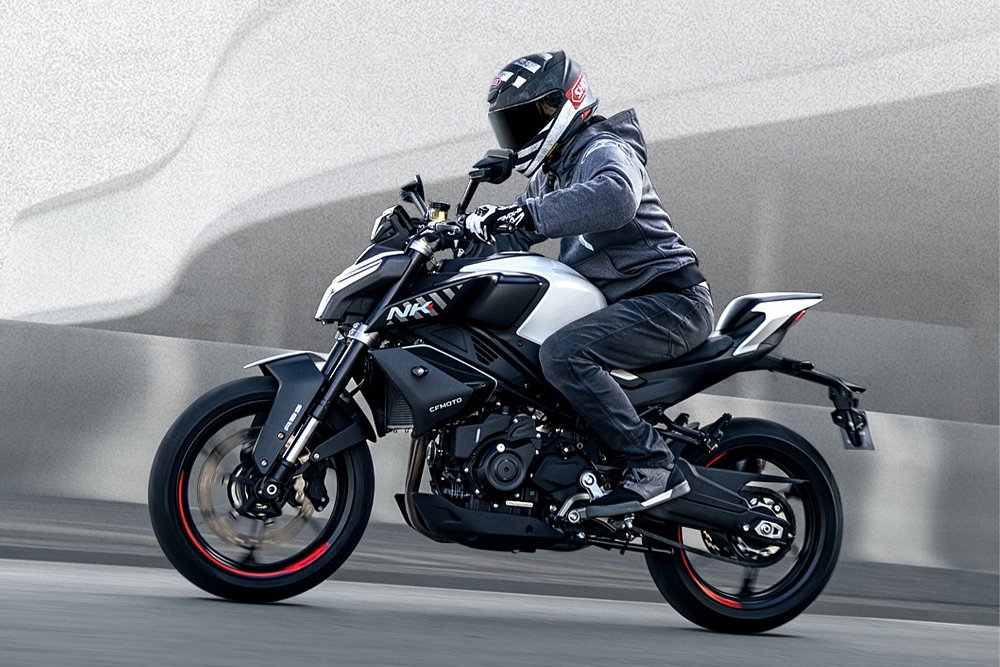
The 500-employee company will assume responsibility for the “manufacture and sale” of Yamaha-badged motorcycles in China. According to the agreement, ZCYM will also acquire “clearances, permits, etc., required by competition laws and other laws and regulations.” Neither firm disclosed further details, but if the new pact is anything like CFMOTO’s other international collaborations, it could be a mutually beneficial relationship.
Six degrees of separation
CFMOTO and KTM’s partnership dates back to 2013. It now stands as a prime example in the industry. Beyond manufacturing KTMs sold in China, CFMOTO also produces 790 models distributed worldwide. In turn, the Chinese marque leverages the same KTM-derived parallel-twin in the IBEX 800 T adventure-tourer. The union only seems to strengthen over time, as well. In 2023, KTM took over CFMOTO distribution in the United Kingdom, Spain, Switzerland, Germany, and Austria. Still, no manufacturer has closer ties to KTM than India’s Bajaj.

KTM parent company Pierrer Mobility and Bajaj Auto started doing business together in 2007. Today, all small-displacement KTM and Husqvarna motorcycles ship from Bajaj’s Chakan production plant. The Austrians also gain access to the brand’s expansive Indian dealership network, with KTM units rolling out to more than 450 showrooms nationwide. Bajaj doesn’t go empty-handed either. After consolidating its KTM shares in 2021, it now owns a 49.9% stake in Pierrer Mobility. That hardly stops the Indian company from pursuing other joint ventures.
Triumph and Bajaj officially entered a co-development deal in 2020. Earlier this year, the Hinckley house revealed the fruits of that partnership: the Speed 400 and Scrambler 400 X. Triumph plans to distribute the series beyond India’s borders, but within them, it turned its sales and marketing operations over to Bajaj. Triumph's Indian dealership network previously comprised 15 cities. It now expands to 120 cities.
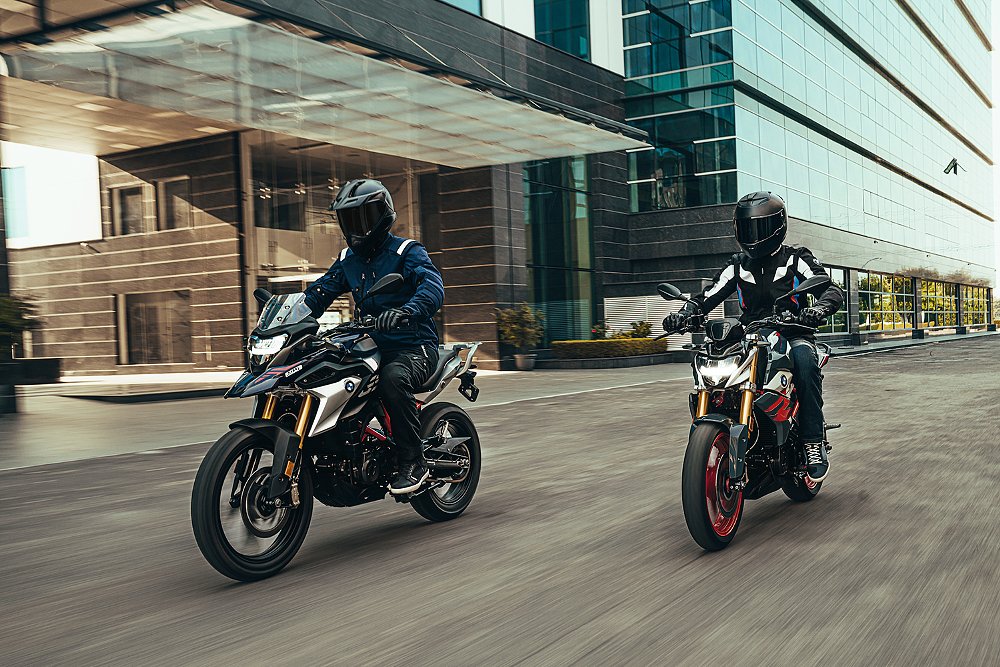
Just as active on the global stage is fellow Indian company TVS. In 2013, BMW struck a deal with the manufacturing giant to produce the G 310 R and G 310 GS for Indian and international markets. The Chennai-headquartered firm also purchased legendary British OEM Norton in 2020.
Before that acquisition, Chinese brand Zongshen secured the rights to Norton’s unused 650 cc parallel twin. That powerplant sits at the heart of Zongshen’s Cyclone RX6 sport-tourer. Thanks to its relationship with the Chinese company, California’s CSC Motorcycles will repackage the same model for U.S. audiences in 2024. Ever the collaborator, Zongshen also makes China-bound machines for Italy’s Piaggio, including Aprilia-, Malaguti-, and Piaggio-badged models.
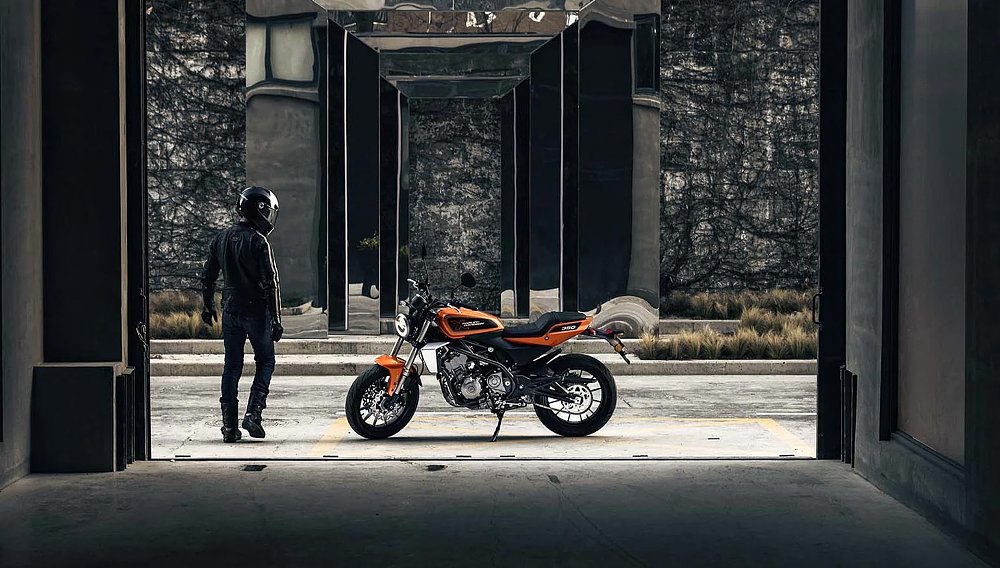
Circling back to the U.S. market, Harley-Davidson recently hit the Chinese and Indian markets with Qianjiang and Hero MotoCorp, respectively. The Motor Company developed the India-exclusive X440 alongside Hero. Its X 350, on the other hand, borrows heavily from QJmotors’ existing SRK350 model. Qianjiang also provided the basis for MV Agusta’s now-shelved Lucky Explorer 5.5 adventure bike. Of course, KTM now owns a 25.1% stake in the Italian boutique brand — bringing us full circle.
Yamaha’s fellow Japanese manufacturers aren’t strangers to the Chinese market either. Honda’s partnership with Hainan Sundiro Motorcycle started in 2001. Suzuki’s and China’s Dachangjiang Group established the Changzhou Haojue Suzuki Motorcycle back in 2011. Yamaha’s presence in the country predates both of those joint ventures, starting its relationship with Jianshe Machine Tool Factory in 1992. Such agreements aren’t industry novelties. They’re just more prevalent than ever.
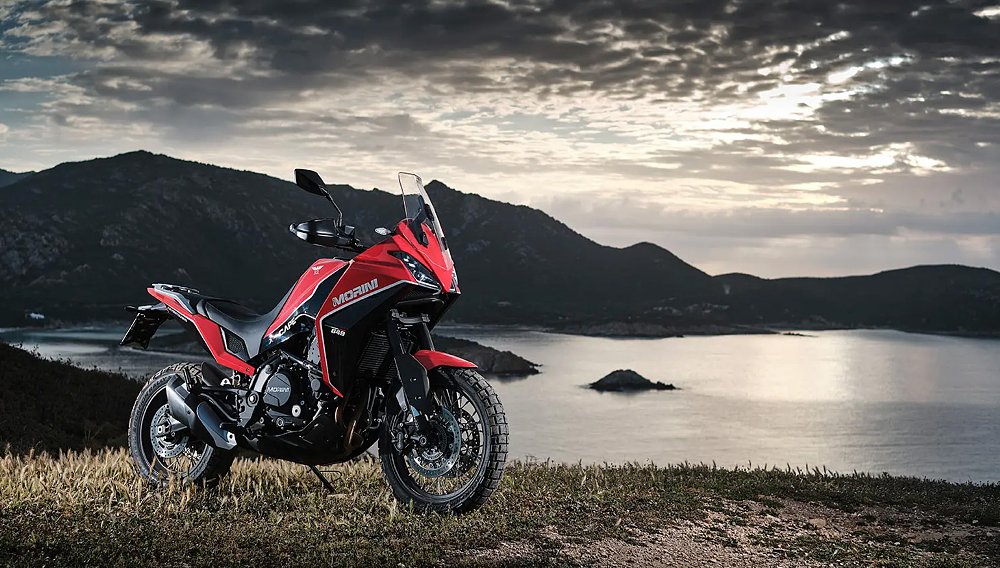
The takeaway
Partnering with Chinese and Indian companies not only taps into robust dealership networks but also leverages local production resources and critical market insights in the two largest motorcycle markets in the world. Finding success within China and India isn’t impossible without such alliances. It’s simply more difficult to gain a foothold in the hyper-competitive markets. For evidence, look no further than Harley-Davidson’s now-discontinued Street series. After years of lackluster sales, H-D closed down its plant in Bawal, India, a facility dedicated to Street series production. It only returns to the Indian market with Hero MotoCorp providing a guiding hand.
With Chinese brands like CFMOTO sending more models to Europe and North America, it seems like traffic on this modern-day Silk Road will only increase in the coming years. These trans-Pacific partnerships are more crucial than ever before, and they could be key to finding success in India and China for the foreseeable future.




